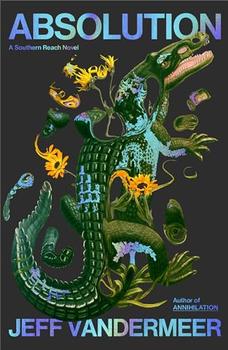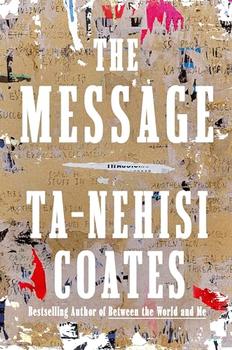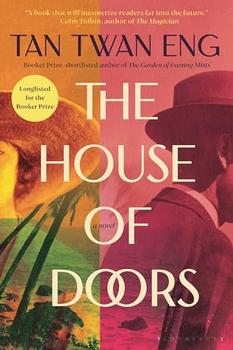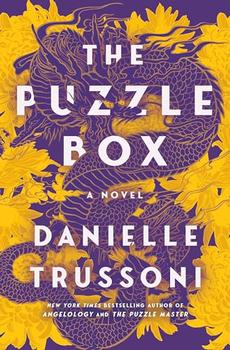Summary | Excerpt | Reviews | Beyond the Book | Read-Alikes | Genres & Themes | Author Bio

This article relates to Dark Water
Pearl has one brown eye and one blue eye. Amiel says to her that this means "tu eres de dos mundos. You are of two worlds." Pearl's uncle says it means that she can see fairies and peaceful ghosts.
But what is it exactly?
Heterochromia simply means a difference in coloration and is caused by a relative excess or lack of melanin. The term is sometimes used to describe distinct differences in hair or skin color, but most commonly refers to the coloration of the iris.
Complete heterochromia is when the iris is a different color entirely. Partial heterochromia is, as it sounds, when only a part of the eye is different. Heterochromia is most often an inherited condition, but it can also be the result of mosaicism (two populations of cells with different genotypes) or the result of an injury or disease. Like both Pearl's uncle and Amiel, some people and cultures have credited the two color phenomenon with powers such as having the ability to perform witchcraft, or as having "ghost eyes," which is the gift of seeing both heaven and earth at the same time.
 Heterochromia is common in some species of animals - cats, horses and dogs (especially Siberian huskies and various sheep dogs such as Australian shepherd and border collies). It is rare in humans, but Pearl does share this wild-eyed condition with some famous folks: Alexander the Great, Dan Ackroyd, punk rocker Tim McIlrath, Detroit Tigers pitcher Max Scherzer, Jane Seymour, Kate Bosworth, and Kiefer Sutherland, to just name a few.
Heterochromia is common in some species of animals - cats, horses and dogs (especially Siberian huskies and various sheep dogs such as Australian shepherd and border collies). It is rare in humans, but Pearl does share this wild-eyed condition with some famous folks: Alexander the Great, Dan Ackroyd, punk rocker Tim McIlrath, Detroit Tigers pitcher Max Scherzer, Jane Seymour, Kate Bosworth, and Kiefer Sutherland, to just name a few.
Bottom image: Siberian Husky
Top image: The eyes of David Bowie who, depending on who you ask, either has acquired heterochromia or one pupil is permanently dilated giving the appearance of heterochromia - in either case, the cause was a childhood accident.
Filed under Medicine, Science and Tech
![]() This "beyond the book article" relates to Dark Water. It originally ran in November 2010 and has been updated for the
October 2011 paperback edition.
Go to magazine.
This "beyond the book article" relates to Dark Water. It originally ran in November 2010 and has been updated for the
October 2011 paperback edition.
Go to magazine.




Be careful about reading health books. You may die of a misprint.
Click Here to find out who said this, as well as discovering other famous literary quotes!
Your guide toexceptional books
BookBrowse seeks out and recommends the best in contemporary fiction and nonfiction—books that not only engage and entertain but also deepen our understanding of ourselves and the world around us.